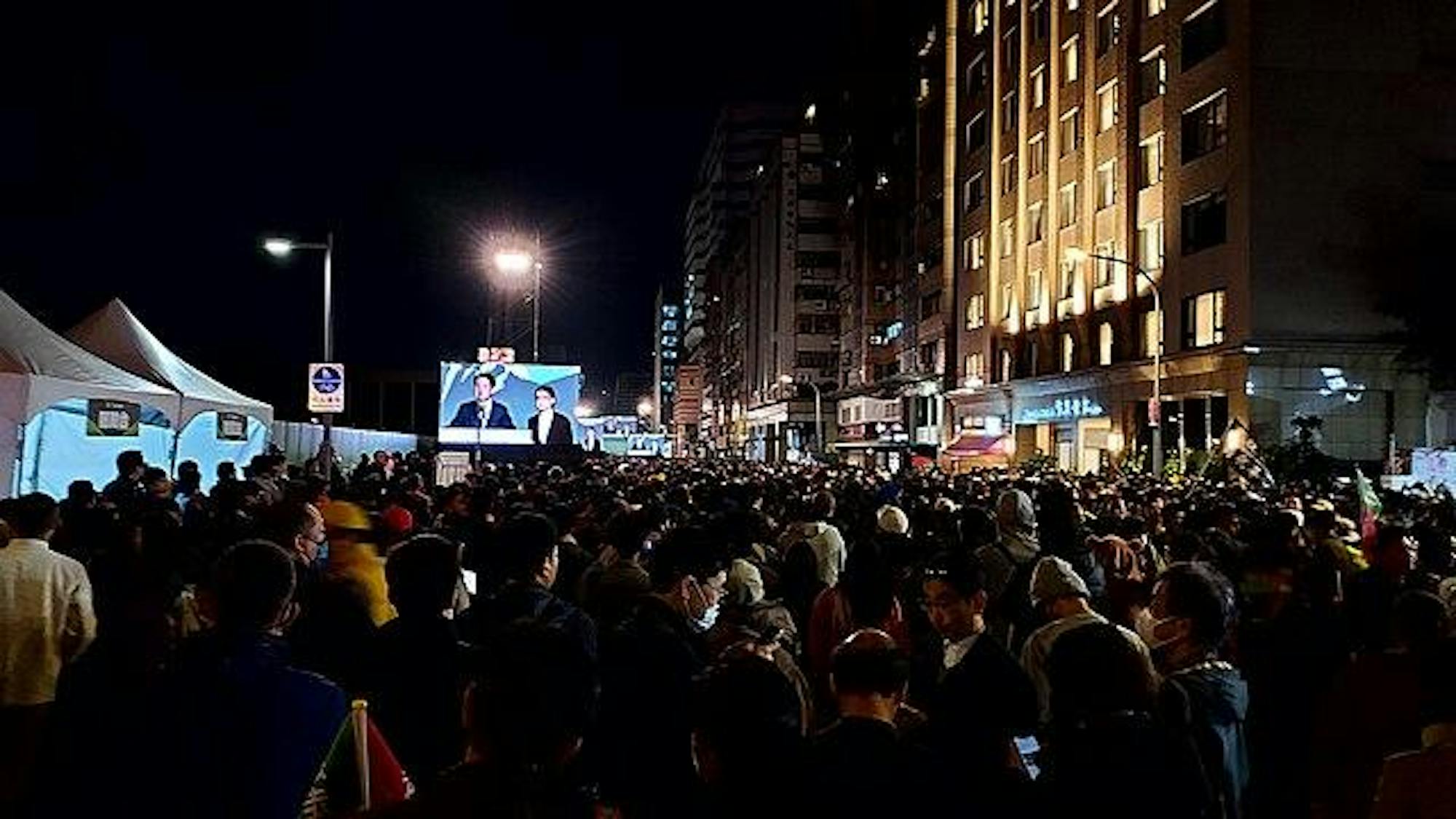“Is democracy still America’s sacred cause?”
That’s the question President Joe Biden posed to the nation in a speech on Jan. 5 which commemorated the third anniversary of the attack on the Capitol on Jan. 6, 2021. But how much should the events of that Jan. 6 attack be the focal point of a presidential election? Should ordinary Americans care about an event from three years ago?
When talking with friends about the election and the state of American politics, there’s a belief that focusing on Jan. 6 is both a losing and unhelpful strategy. While prosecuting former President Donald Trump won’t address the rising housing costs, the threat of the climate crisis or the scourge of gun violence, this is deeper than legislation. As much as policy matters, democracy matters tenfold. For better or for worse, without a healthy democracy, there can be no representative policy.
While the discussion around Jan. 6 is relevant to the Supreme Court’s upcoming review of Colorado taking Trump off the ballot for inciting an insurrection, the end result matters little. Either way, the foundations of our democracy were tested. The U.S. has been blessed with a resilient democracy for centuries, but Americans have become complacent in the preservation of our democratic system. Its permanence is a testament to the generations of Americans who have fought to maintain it. We are, as Benjamin Franklin remarked during a hot Philadelphia summer, “A republic, if [we] can keep it.”
It took a trip abroad to remind me of the importance of preserving democracy. Standing in the courtyard of my grandfather’s ancestral home in Changhua County, Taiwan, I was stunned as my phone vibrated and a Presidential Alert lit up my lock screen.
“[Air raid Alert] Missile flyover Taiwan airspace, be aware,” the English part read.
The English was a mistranslation of the Chinese word for satellite, but the event struck momentary panic and highlighted the perils of democracy under the shadow of a hostile and authoritarian neighbor.
Democracy in Taiwan is not even 30 years old. The island didn’t have its first direct presidential election until 1996, the same year my grandfather was elected to Taiwan’s national assembly. For the people of his generation, democracy was never something to be taken for granted. They came of age among the ranks of Taiwanese willing to lay down their lives to end the military dictatorship that ruled the island for nearly 40 years.
Even after the end of martial law in 1987, the fight continued. After Dr. Hong Chi-chang, the leader of Taiwan’s opposition party, was targeted by the police, he was called to testify before federal officials in the U.S. This prompted a bipartisan rebuke of political repression in Taiwan from members of the U.S. Congress. That generation’s spirit still animates Taiwanese politics.
On a mild January evening in Kaohsiung, I looked around with awe at the 120,000 strong that had come out to a rally in support of Lai Ching-te and Hsiao Bi-khim, the Democratic Progressive Party’s nominees for president and vice president. “I love you!” my grandmother shouted with jubilee as a surprise speaker was announced, and Taiwan’s president Tsai Ing-Wen strode out onto the stage.
For the Taiwanese people, democracy is still sacred, though it is not immune to democratic backsliding. Even at their lowest points, turnout rates in Taiwanese presidential elections are usually higher than those in the U.S., the world’s oldest democracy. The lowest turnout recorded in Taiwan is dead even with the U.S.’s highest since 1900 at 66%, even as Taiwan bans all absentee voting.
America can do better. The struggle for democracy in the U.S. is not one relegated to the history books. Democracy is our sacred cause now, whether we choose to accept it or not. Americans can no longer be complacent about the state of democracy in our nation.






